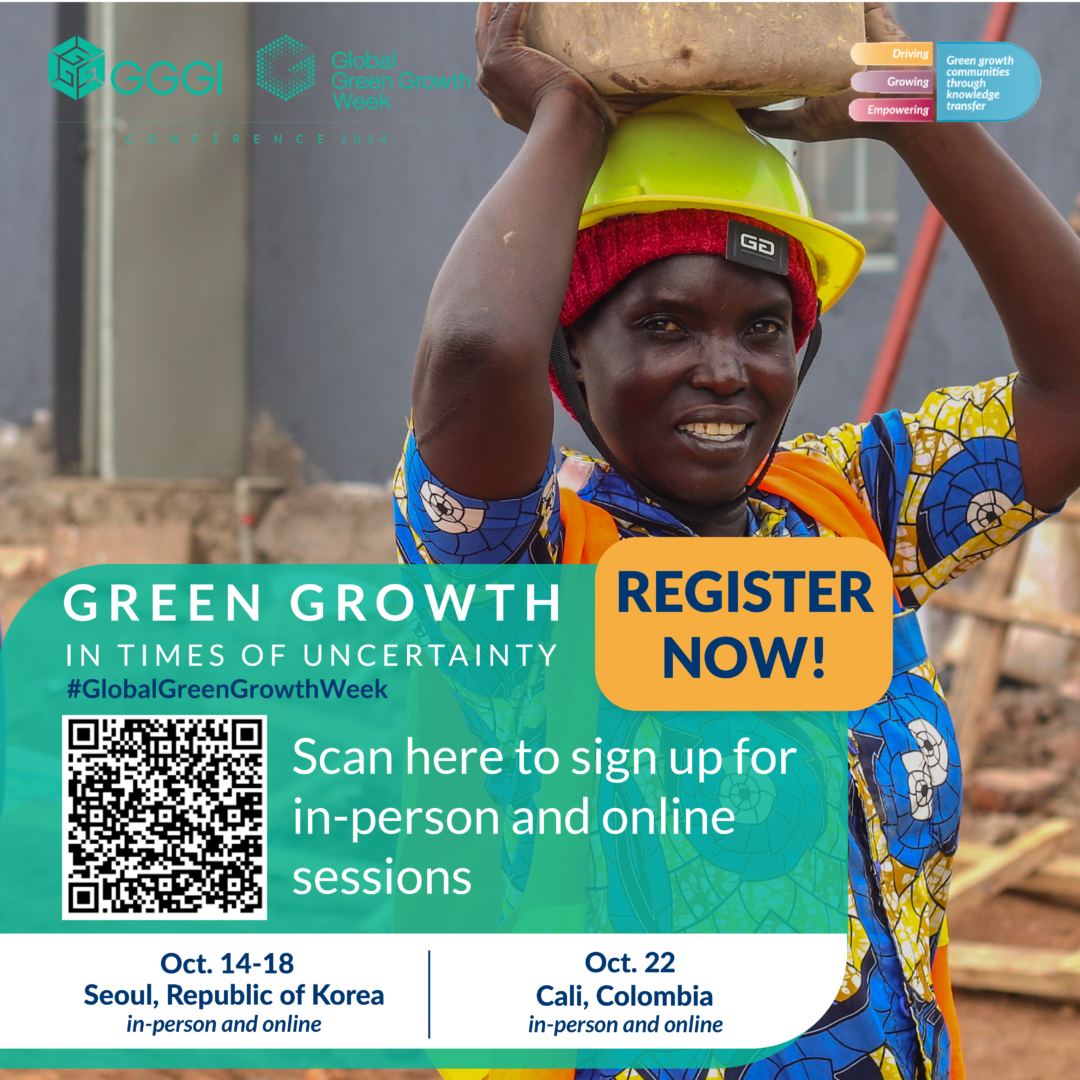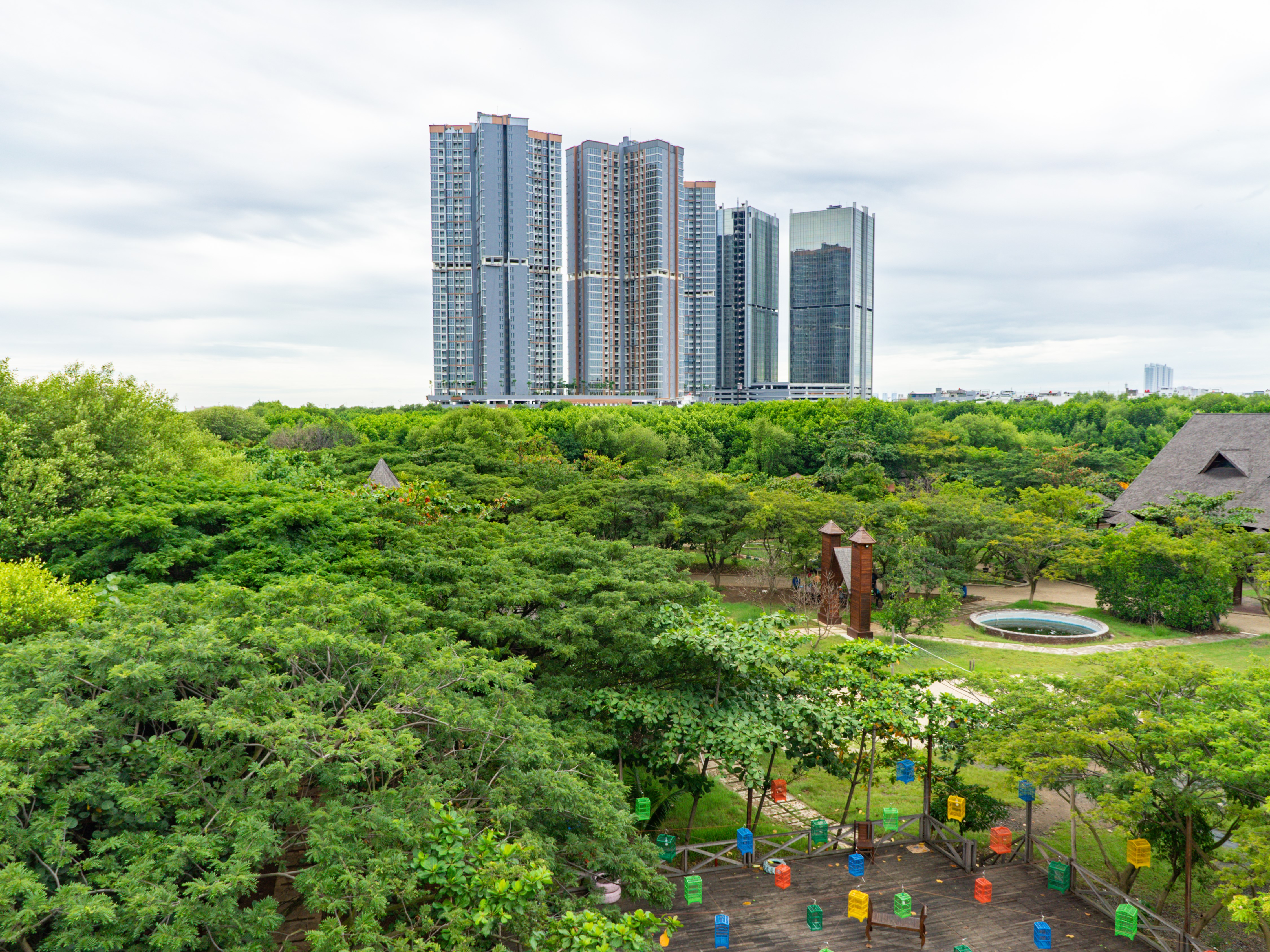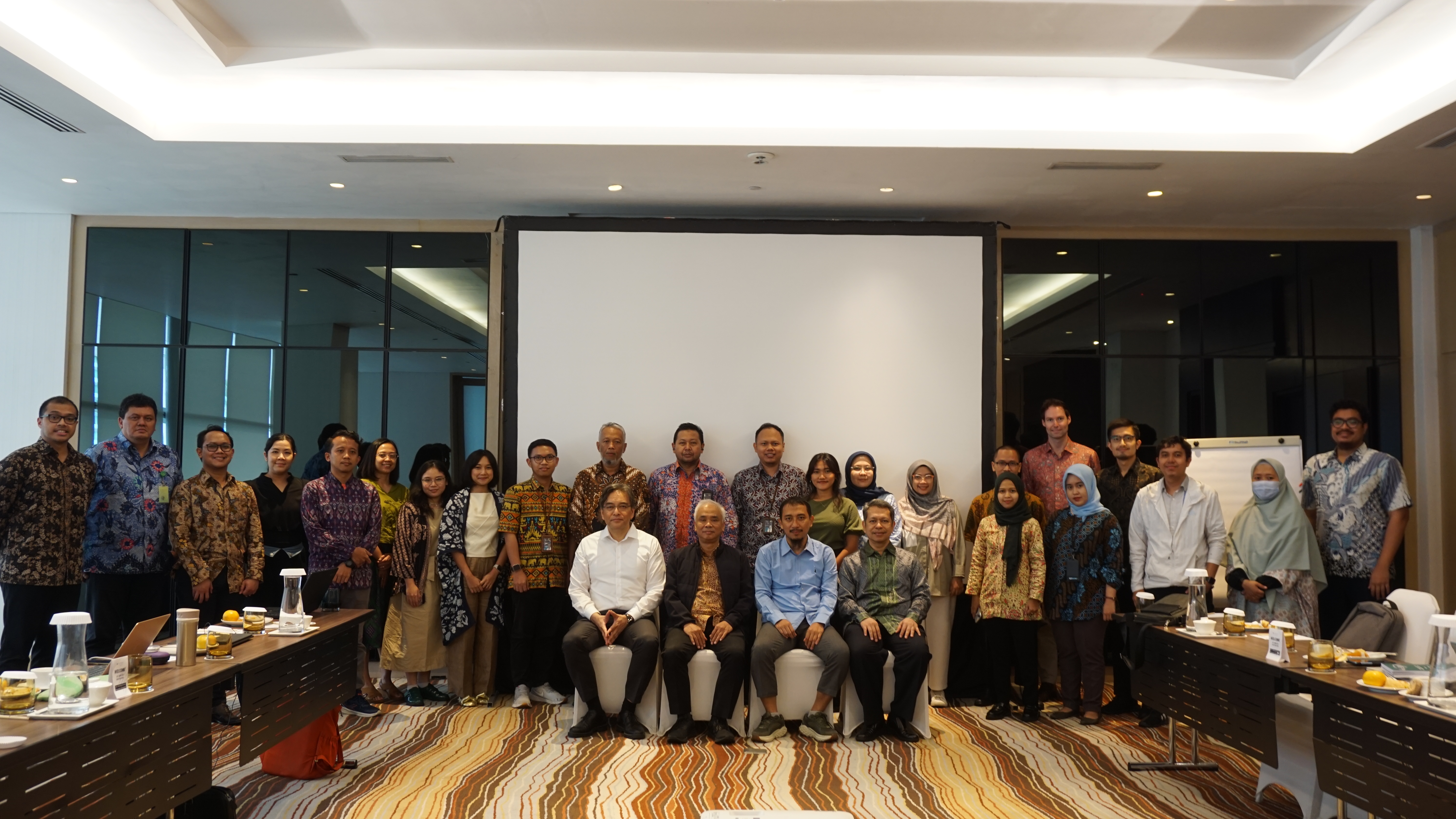North Kalimantan and West Papua Enthusiastically Welcomed SEA Technical Training
The Strategic Environmental Assessment (SEA) is a mandatory instrument required by the government to ensure principles of sustainable development are integrated in development plans. Considering its importance, Provinces of North Kalimantan and West Papua enthusiastically welcomed the activity.
In North Kalimantan, the province’s Environmental Office (DLH) conducted the activity in two cities. Technical Training for the Provincial SEA Validation Team in Tanjung Selor on November 15-17, 2021, and Training for Local SEA Experts in Tarakan on November 18 -19, 2021.
The Head of DLH of North Kalimantan officially opened the training, stating that through this training, the validation team assigned by the governor is expected to be able to actively oversee the validation process of SEA documents within districts and cities, and ensure that the SEA process, mechanism and methodology are in accordance with the government regulation No. 46/2016. He also hoped that the training could prepare local governments in anticipating the increasing needs of the formulation of SEA documents during the simultaneous elections in 2024.
Attended by 49 participants representing the governments and academia, the Technical Training for the Provincial SEA Validation Team covered topics such as Process and Mechanism of SEA Formulation and Implementation, Role and Function of SEA, GHG Emission Reduction in the Carrying Capacity analysis, among others. On the other hand, the Training for Local SEA Experts was attended by 45 participants, with topics including Determining Strategic and Priority Issues, Calculating Achievement of SDGs Indicators Based on Metadata and Masterdata, Preparation of Sustainable Development Scenarios, and others. Participants engaged in discussions, reflection and practical simulation to facilitate better comprehension of the topics and unifying their perception and standard. The speakers are experts from Ministry of Home Affairs, Environmental Impact Prevention Team for Regional and Sector Policies of Ministry of Environment and Forestry, Ministry of National Development Planning, SEAMEO-BIOTROP, SEA Centre Squad, Faculty of Geography UGM and Faculty of Geodesy ITB.
The results of participants’ pre-test and post-test indicate that the enthusiasm of the participants was also complemented by knowledge increase. As hoped by the Head of the North Kalimantan DLH, the knowledge gained by participants is expected to be put into practice in overseeing and validating the process of SEA formulation in districts and cities after the 2024 elections.
In West Papua, the Environment and Land Office (DLHP) of West Papua Province also successfully held the same activity— Technical Training for the Provincial SEA Validation Team and Training for Local SEA Experts—on November 29 – December 3, 2021 at Aston Hotel, Manokwari. Despite the busy end-of-year agenda, the participants’ enthusiasm was visible. Not only actively participating in discussions, the 19 participants in the Validation Team and 24 participants for the local SEA Experts were willing to stay overtime to gain more knowledge from the resource persons.
The training was officially opened by the Head of Papua University Environmental Research Center and the Head of Environmental Planning of the Provincial DLHP. In their remarks, both expressed their hope that the training would prepare and equip the Validation Team and local experts with necessary knowledge and how to conduct SEA process and mechanism according to the existing regulations.
West Papua and North Kalimantan are two of the six provinces that carry out SEA trainings. The activity is part of GGGI’s support for the implementation of green growth commitments in these provinces, in line with the Papuan Sustainable Development Vision, or Papua Vision 2100, and the Manokwari Declaration signed on October 7, 2018 on Customary Area-Based Sustainable Development in both Papua and West Papua provinces.




